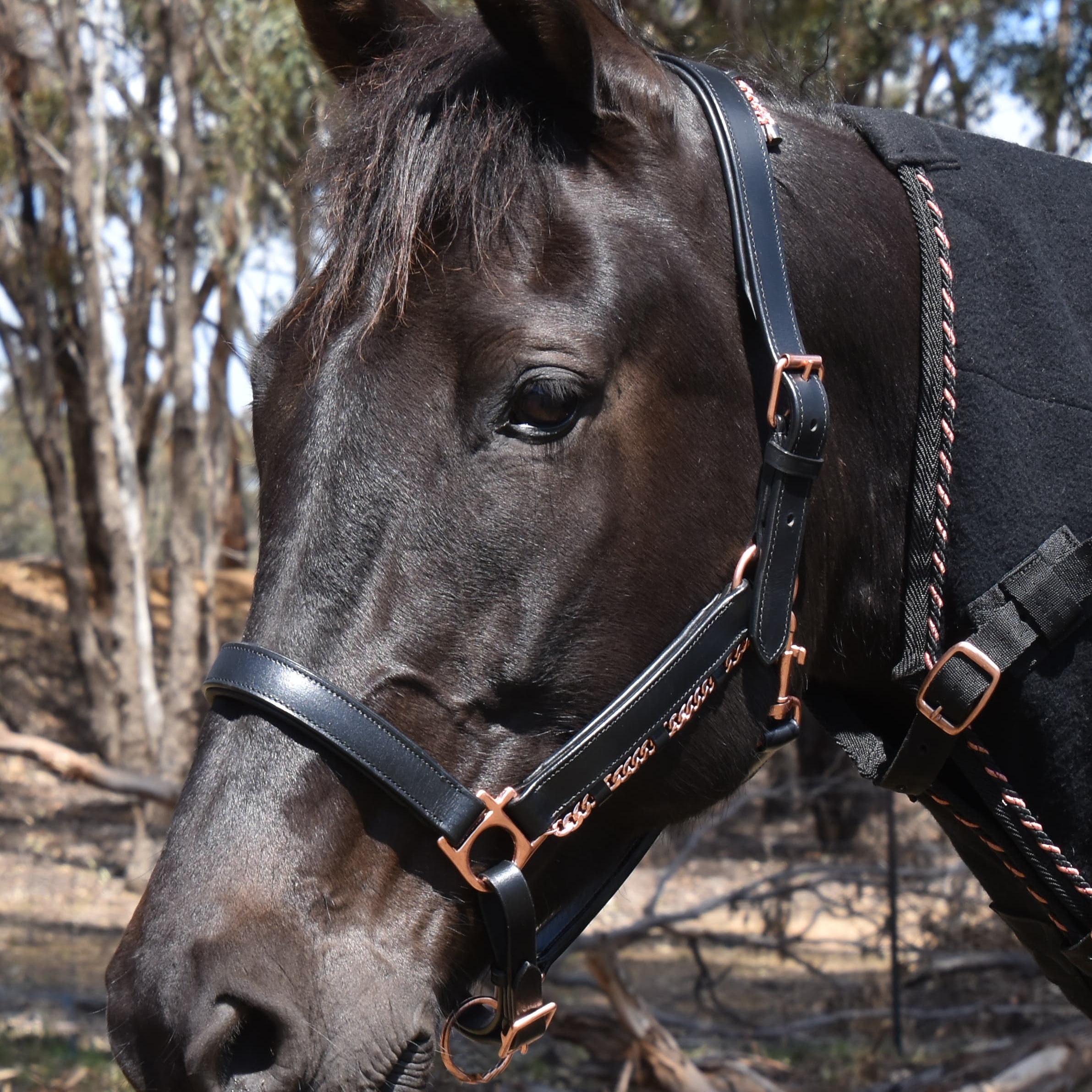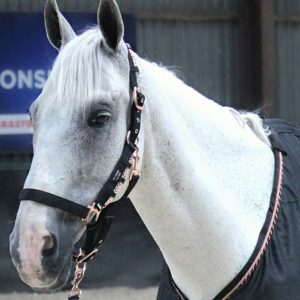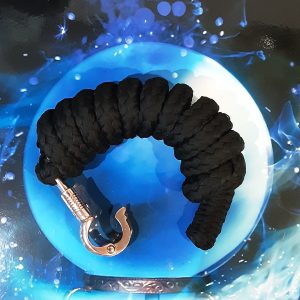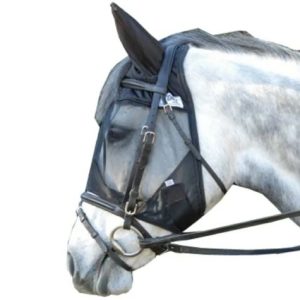Black Padded Leather Halter with Copper Inserts
Price range: $145.00 through $205.70 inc GST
Top of the range Black Padded Leather Halter with Copper inserts.
This Halter has been designed with strong quality brass hardware, plated in Rose Gold.
Description
Black Padded Leather Halter with Copper Inserts for Your Horses
Choose our black padded leather horse halter with copper inserts and see how this may help improve the health of your horses.
Copper is a very important health supplement for horses. It is a trace element required by all body tissue for the metabolic function. To ensure good health for horses, copper has become an essential supplementation for the following reasons:
- for the formation of connective tissue
- to help reduce inflammation
- to utilise iron in the body
- to form strong bones and blood vessels
- to maintain hair colour
How Copper Works
Copper is a component of several enzymes, it is regulated in the liver by storing or excreting it in the bile. Copper’s absorption into the gut can be influenced by other minerals such as Zinc and Iron, causing difficulty in gauging how much copper is actually utilized by the body every day, it is said that the horse uses somewhere between 50-60mg per day. Some signs that a horse may be deficient in Copper are decolouration of coat, frizzy mane and tail ends, weak hooves and worms.
The Problem with Copper Deficiency
Copper deficiency can cause serious horse health problems and this may lead to weakness of tendons and ligaments, foot, skin and joint cartilage problems. Also, the presence of a copper deficiency, can lead to anaemia in horses. One of the first noticeable signs of copper deficiency will be the discolouration in the coat or fading, the horse may also be lethargic in their work. Therefore it is important to ensure correct copper levels in horses to ensure proper horse health care.
Hoof problems can occur, as they are closely related to the coat. Hooves tend to be weaker, losing shoes and cracked hooves can be a common occurrence. The splitting or cracked hooves can leave the horse more susceptible to contracting white line disease by opportunistic bacteria and thus affect the overall horse health. Other common occurrences in the hoof are problems with thrush, as the frog tissue is not in a healthy state, being weak and soft allows the bacteria to enter.
In worst case scenarios, osteoporosis or arthritis can be the result of copper deficiency and in some cases horses have been diagnosed with fragile bones and deformations. Foals and other growing horses need sufficient amounts of calcium, phosphorus, zinc, and copper, along with other nutrients, in order to form strong, healthy bones and joints.



